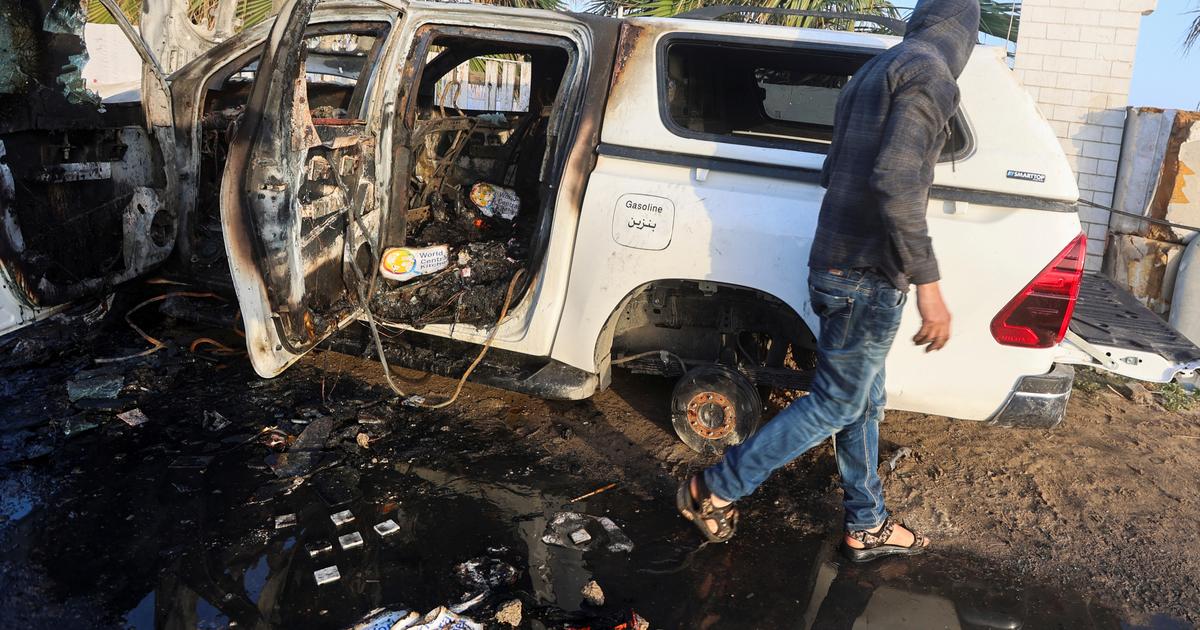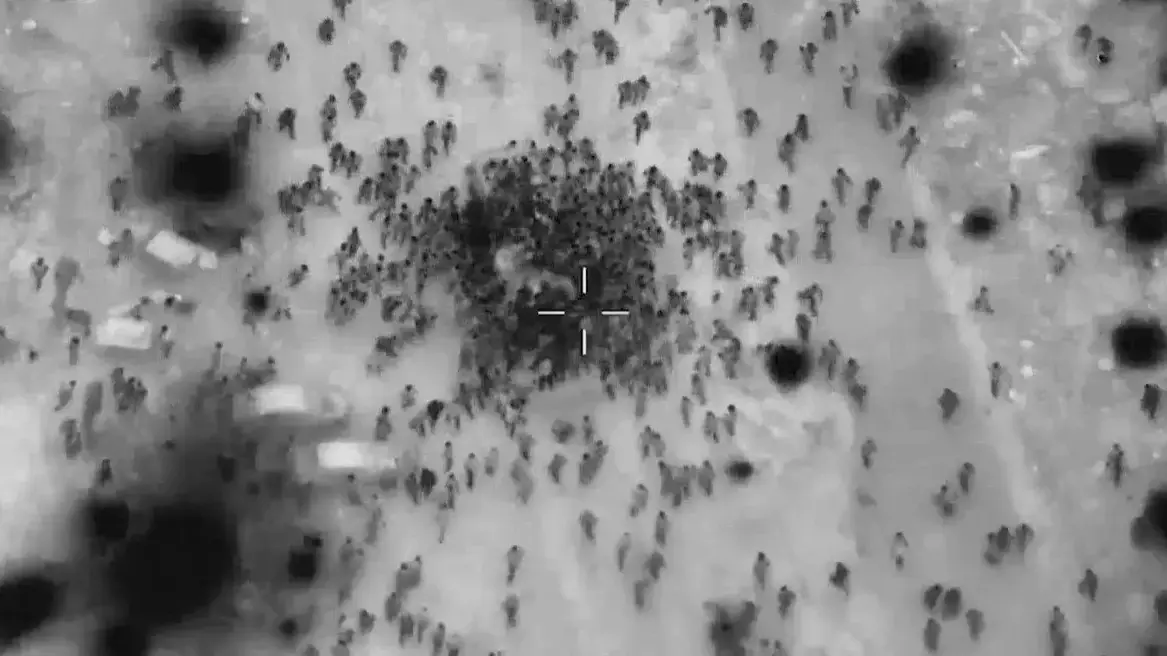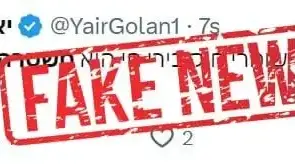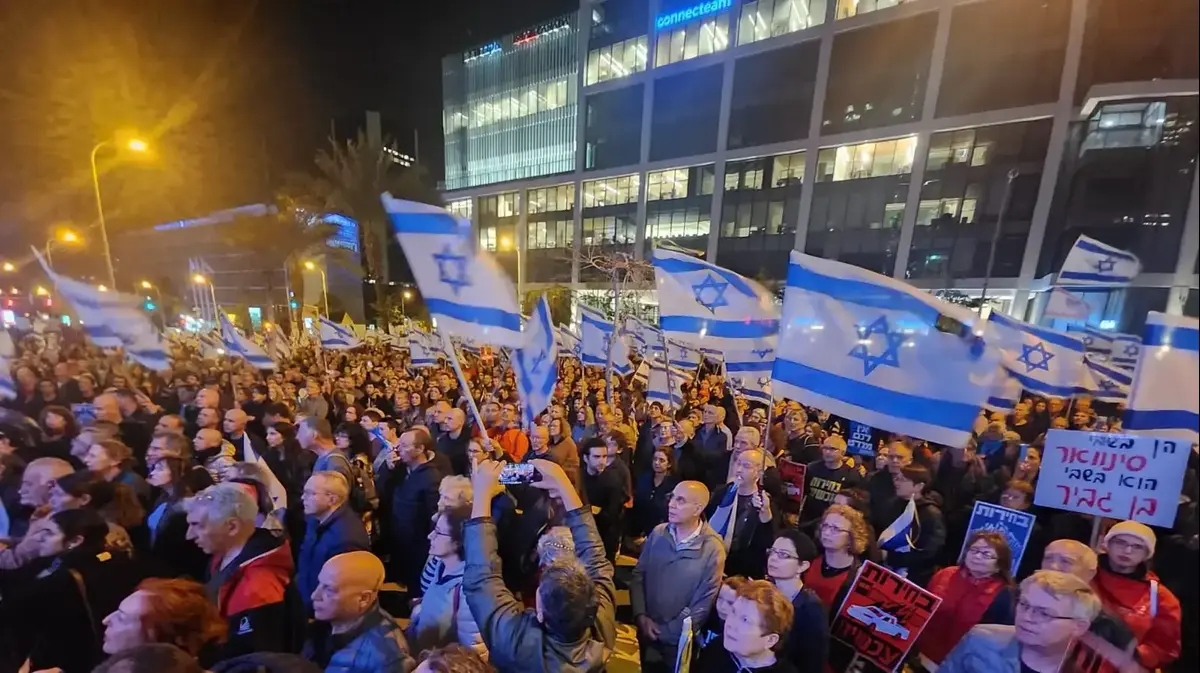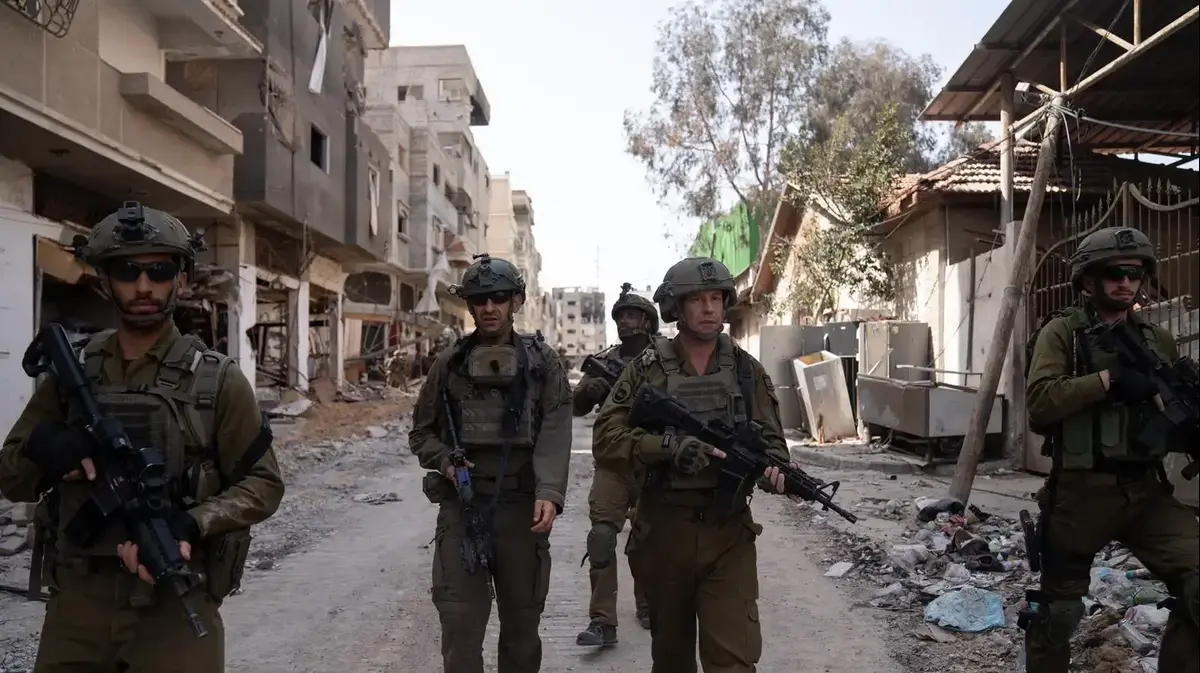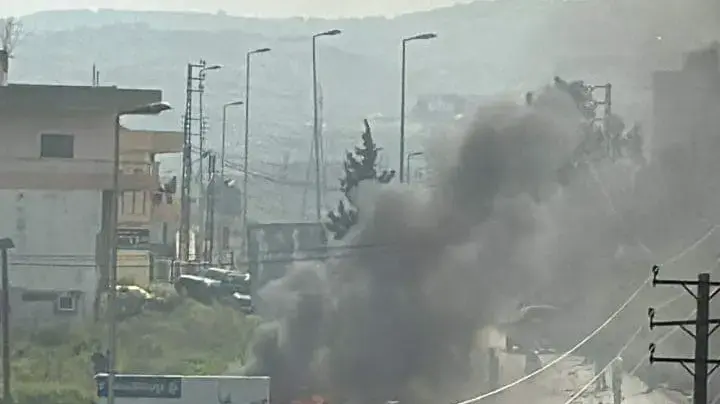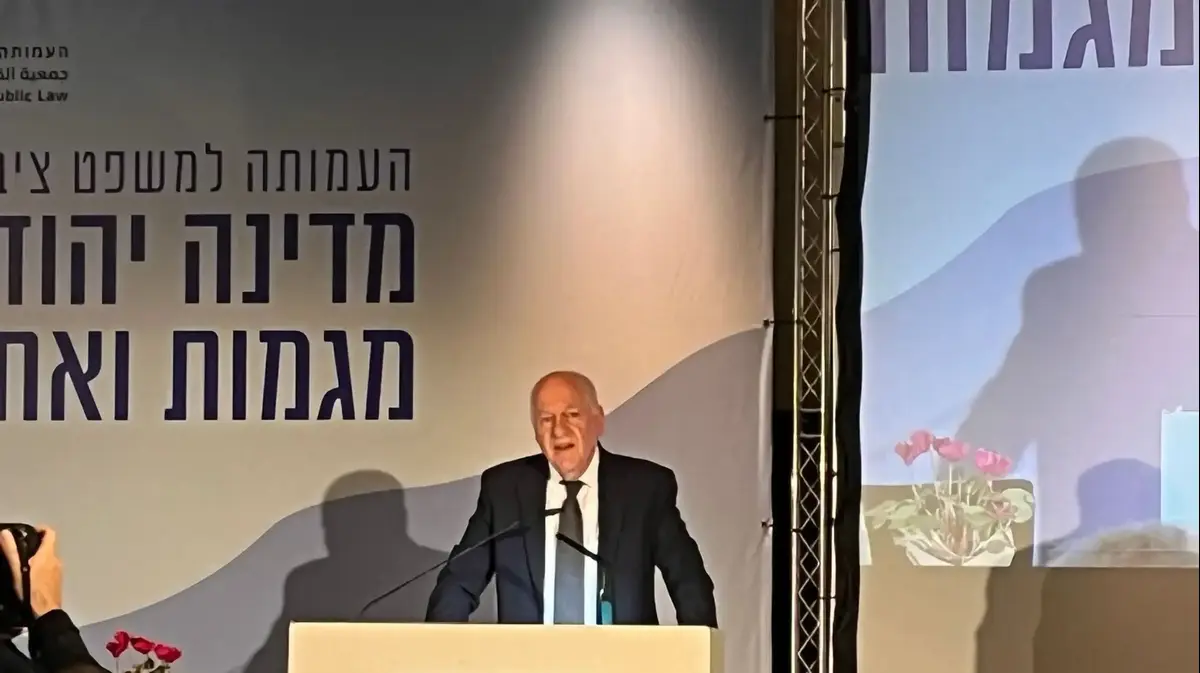The suspicion in the Gaza Strip that a Hamas naval commander has been cooperating with Israel sounds like a scene from Pauda • However, it is too early to know what really happened • Commentary
Like a scene in Pauda. Hamas fighters
Photo:
Gettyimages - Archive
It sounds like a feudal scene: a senior Hamas diver (naval commando) is suspected of collaborating with Israel, and is rescued from Gaza in a covert operation, taking valuable information with him and leaving his family and friends behind.
It is the nature of such stories that it takes time for their details to become fully apparent. Not sure everything that was posted at the first moment actually happened, and not sure things were published when they really happened. Past experience shows that both parties have an interest in hiding such incidents in the first phase: Israel so that it can quietly investigate and produce information, and Hamas so that it can conduct an internal investigation to control and minimize the damage.
Once things are revealed, the interests of the parties change. Israel still often chooses to ignore: the activation of agents and intelligence investigations are often issues for which silence is good. Hamas, on the other hand, is likely to change tactics: collaborators or deserters - or as they will surely be portrayed: traitors - are also an opportunity to close loopholes and create deterrence.
It is no secret that Israel operates agents in the Palestinian arena (and not only in it). This is the basic action of the GSS coordinators, in all sectors. In Judea and Samaria, it is usually carried out in frontal contact between the operator and the agent. In Gaza, the operation has been more complicated since the disengagement, due to the physical buffer between Israel and the Gaza Strip.
This requires the GSS to be creative and cautious in its operation. Hamas is very suspicious, and very strict. Any unusual movement is suspected and investigated. This is what happened to the special forces fighters entangled in November 2018 in Khan Yunis, in an operation that ended with the death of Lt. Col. M. and another officer.
This strictness is not only directed towards strangers. Hamas is also using it internally, against those it suspects have strayed from the ranks. Every month, he arrests and interrogates dozens of his men - or just Palestinians from the Gaza Strip - on suspicion of collaborating with Israel. He often executes the suspects, after allegedly proving their guilt. This is also likely to happen now: Hamas will investigate, expose, convict and kill.
This game - Operator / Activator, Defender / Attack - did not start yesterday, nor will it end tomorrow. Israel will continue to gather intelligence in the Palestinian arena, and will be assisted by agents (along with the use of cyber, satellite and aerial photographs, and other methods of gathering intelligence). The advantage of human intelligence in a segregated and suspicious organization like Hamas is critical: since not everything is documented or said on open networks, the agent can fill in the gaps or provide the correct interpretation of future intentions and plans.
The value of agents varies according to the information they provide. Israel has in the past employed valuable agents in all sectors. One of the most prominent among them was Musab Hassan Yussef, the son of a senior Hamas figure, Sheikh Hassan Yussef, nicknamed the "Green Prince." He provided the GSS with valuable information about planned attacks during the second intifada, and in the end Israel assisted in his deportation to the United States, where he lives.
As a matter of principle, Israel tries to rescue the agents it operated when there is a fear that they will be caught, out of a commitment to their lives and also out of an understanding that if it does not do so, others will hesitate to work with it in the future. Despite this, it is possible that quite a few agents have been captured over the years, and some, at least according to Arab publications, have even dropped entire spy networks behind them.
In the present case, as stated, it seems that most of the information has not yet been published. However, one can understand the special interest that Israel allegedly shows in Hamas' naval force: it is an elite unit, designed to enable the organization to carry out quality attacks on Israeli territory. In recent years, the IDF has made great efforts to secure the southern coastal strip - including an underground barrier built deep into the sea as well as continuous naval activity in the navy - but valuable valuable information can teach about Hamas' future plans, and facilitate their response.


